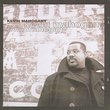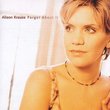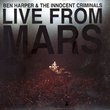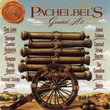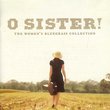| All Artists: John Fahey Title: John Fahey Christmas Album Members Wishing: 7 Total Copies: 0 Label: Burnside Release Date: 11/16/1994 Genres: Country, Blues, Folk, Special Interest, Pop, Classical Styles: Traditional Blues, Acoustic Blues, Traditional Folk, Contemporary Folk, Holiday & Wedding, Vocal Pop, Opera & Classical Vocal Number of Discs: 1 SwapaCD Credits: 1 UPCs: 008781000424, 008781000448 |
Search - John Fahey :: John Fahey Christmas Album
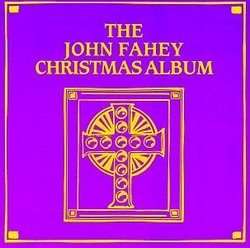 | John Fahey John Fahey Christmas Album Genres: Country, Blues, Folk, Special Interest, Pop, Classical
John Fahey's 1975 Christmas album features stunning instrumental versions of classic holiday favorites. Ranked in Rolling Stone's 100 Greatest Guitarists of All Time. |
Larger Image |
CD DetailsSynopsis
Album Description John Fahey's 1975 Christmas album features stunning instrumental versions of classic holiday favorites. Ranked in Rolling Stone's 100 Greatest Guitarists of All Time. Similarly Requested CDs
|
CD ReviewsSixty Minutes of Christmas Cheer Steve Vrana | Aurora, NE | 10/08/2000 (5 out of 5 stars) "Of the more than six thousand titles in my music collection, more than two hundred of them are Christmas albums. And starting the week of Thanksgiving, The John Fahey Christmas Album spends more time in my CD player than most of them. There's an intimacy to Fahey's music that befits the holiday season. Whether it's the solemn beauty of "Silent Night" or the gaiety of "Jingle Bells," Fahey's playing is mesmermizing. On about half of the tracks Fahey is accompanied by cello ("Angels from the Realms of Glory," "Good Christian Men Rejoice"), piano ("Spanish Carol) and/or flute ("Christ Is Born as Child of Man," "Lo How a Rose E'er Blooming") to wonderful effect. If you have found some of Fahey's secular music inaccessible, this is certainly not the case with his Christmas music. This hour-long album is as important as Phil Spector's or Elvis Presley's or Mannheim Steamroller's Christmas albums. Throw another log on the fire, pour yourself an egg nog and enjoy. ESSENTIAL" Just before the silence descended P. Bryant | Nottingham, England | 07/04/2000 (3 out of 5 stars) "The latest in a series of Christmas John Fahey albums, and perhaps the prettiest, with flute, piano and cello arrangements gracing some less obvious Xmas pieces - this is Fahey at his most New Age. Enjoying its lambent simplicity, the listener would never realise that this is an album made by a man on a kind of precipice. Fahey was being gradually overwhelmed by various health and financial problems, and after this album nothing was heard from him for five years. (The silence was finally broken by the dark gratings and howlings of "City of Refuge" which includes a ghastly 15 minute noise sequence called "On the Death and Disembowelment of the New Age".) But as Fahey's Xmas albums go, this is probably the best. The somewhat mechanical syncopation of previous Christmas outings is abandoned for a kind of crystalline purity of melody which represents, in its way, one of Fahey's most extreme statements (as "City of Refuge" represents another)."
|

 Track Listings (16) - Disc #1
Track Listings (16) - Disc #1